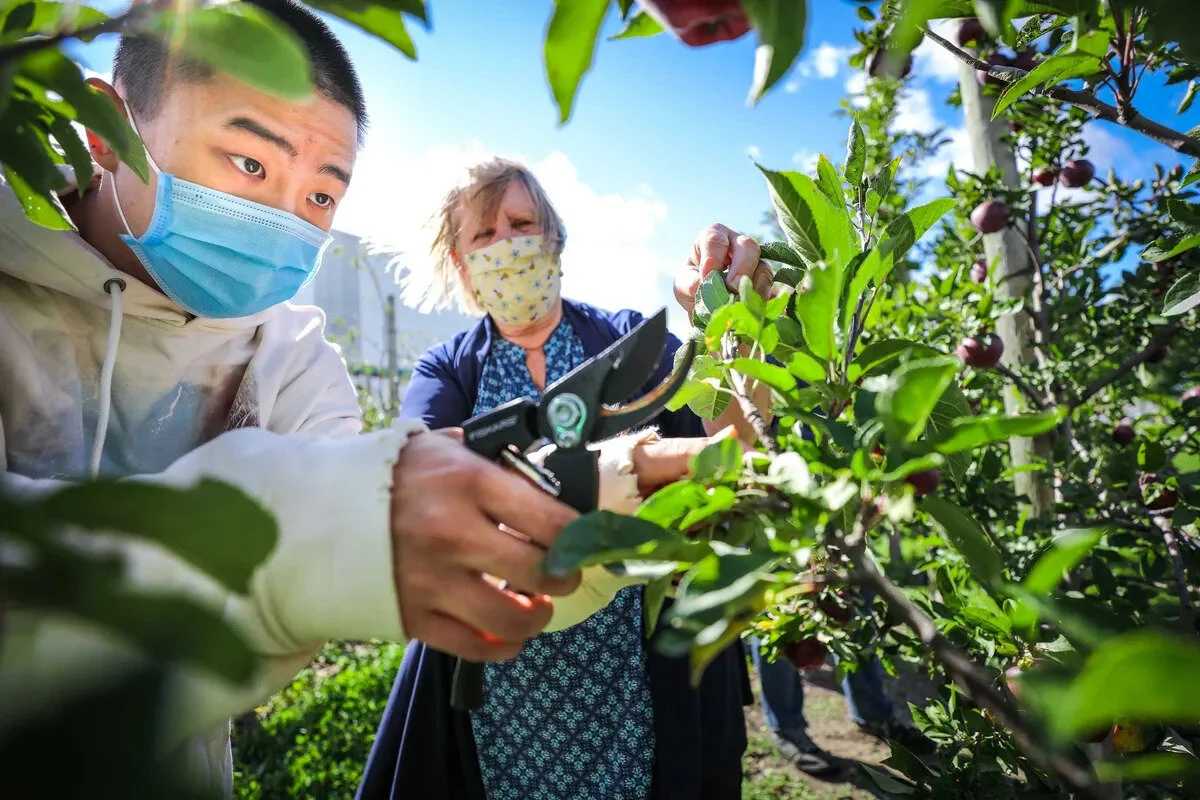Fleming College and EaRTH District Consortium to Develop Sustainable Technology Sector
/Fleming College has joined a leading consortium of post-secondary institutions to help develop the region’s clean, green sustainable technology sector.
Photo courtesy of EaRTH District, website.








